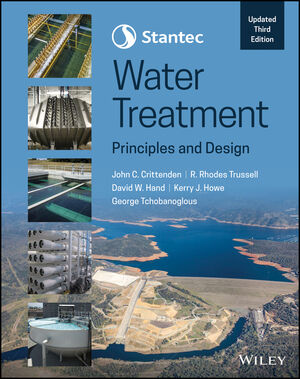In Gross Violation: How Polluters are Flooding America's Waterways with Toxic Chemicals was released on the eve of the 30th anniversary of the Clean Water Act. While many improvements in water quality have been made, 40 percent of the nation's waterways are deemed unsafe for fishing and swimming. The new report shows that for many toxic chemicals, polluters are violating legal pollution levels by large margins.
"Government records show that polluters regularly threaten public health and break the law - for highly toxic chemicals and at levels many times higher than legally allowed," says PIRG Environmental Health Advocate Jeremiah Baumann.
Analyzing previously unreleased EPA data spanning Jan. 1, 1999, through Dec. 31, 2001, obtained through a Freedom of Information Act request, PIRG researchers found that polluters repeatedly violated the law, often for high-hazard chemicals and often by egregious amounts. Additional findings include:
- On more on 1,562 occasions, major facilities reported discharging at least 10 times the legal limit for chemicals linked to serious health effects, and in 363 instances, exceeding 100 times the legal limit.
- Nationally, 262 major facilities exceeded legal pollution limits during at least 10 reporting periods for chemicals linked to serious health effects.
- States or territories with the greatest percentage of major facilities exceeding their Clean Water Act permits at least once for high-hazard chemicals were: Puerto Rico, Ohio, Rhode Island, District of Columbia, Virgin Islands, New York, Arizona, Massachusetts, West Virginia and Indiana.
- States or territories with the greatest number of violations of Clean Water Act effluent permits by major facilities for high hazard chemicals were: Puerto Rico, Ohio, Pennsylvania, Texas, New York, Indiana, Massachusetts, Connecticut, Louisiana and Florida.
In order to achieve the goals of the Clean Water Act, PIRG recommends the following:
- Fully fund the EPA's enforcement program. America needs more environmental cops on the beat to ensure that polluters are complying with their Clean Water Act permits.
- Enforce and implement the Clean Water Act by setting mandatory minimum penalties, tightening permitted pollution limits, revoking permits from repeat violators, requiring pollution prevention measures and allowing citizens full access to the courts.
- Expand the public's right to know. The public should have full access to detailed and easily searchable information about enforcement of the Clean Water Act and pollution entering local waterways.





